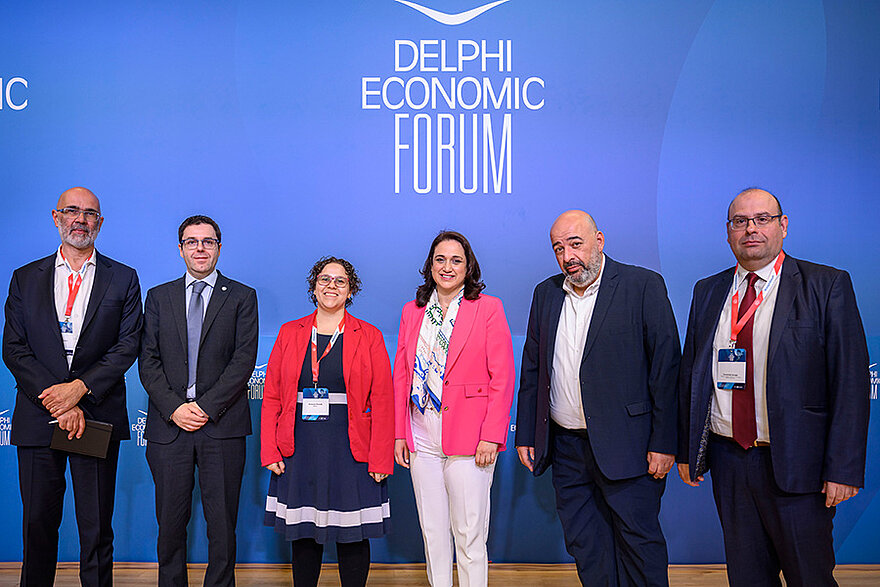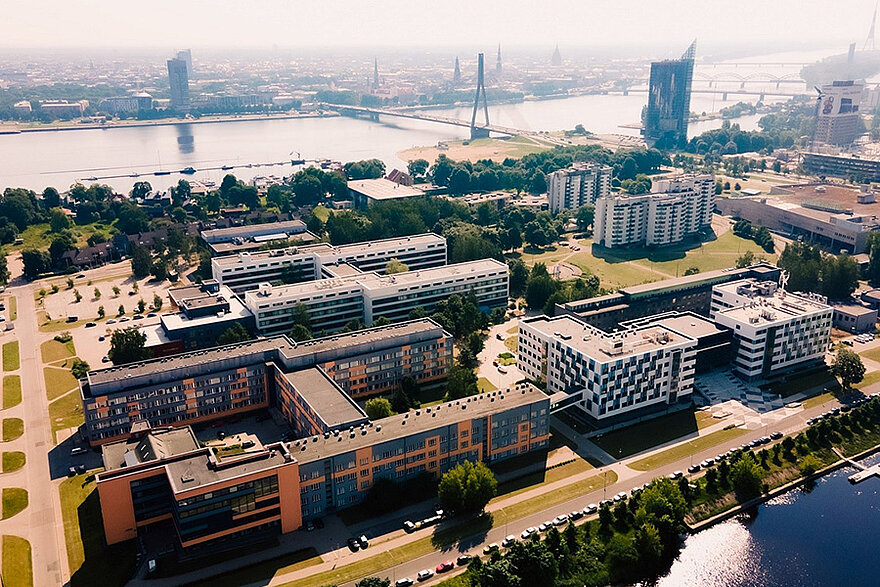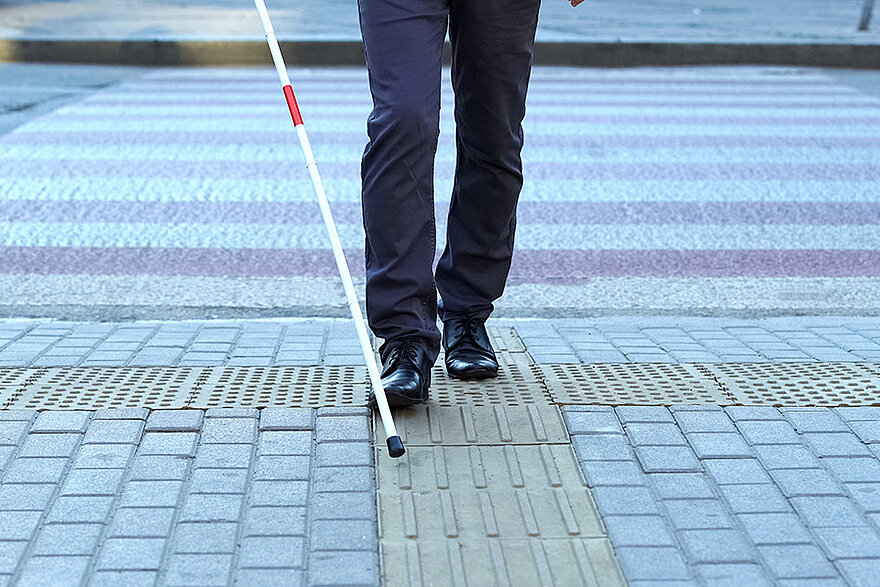One of the sectors most affected by the "digital transformation" is certainly manufacturing. "Paradigmatic shifts in industry bring along new challenges for aspiring entrepreneurs," says Digital Industry Action Line Leader for EIT Digital, Petri Liuha. He knows all about these challenges and explains how the students of the EIT Digital Academy can take advantage of them.
A whole lot of opportunities for smoother production and improved consumer engagement have been opened by new developments such as, to name just a few, the inclusion of 3D printing, machine learning and connected machinery in the production process, or the introduction of Big Data onto the factory floor and into the production design process.
To encourage aspiring entrepreneurs the EIT Digital Academy set up two Digital Industry Summer Schools. Here, the attendees learn how to take advantage of these new trends in Decentralised production and Reatil, Markets and Consumer Engagement. The first two-week Summer School in Munich will end on August 12, while the one in Helsinki about retail has just started and will run untill August 19.
Which are the most challenging evolutions to take into account for businesses and entrepreneurs that want to operate in this space?
"The introduction of digital technologies has made products and services much more interconnected. The main thing to keep in mind is that each product now comes with a ‘digital twin', meaning that is followed by data which can be used for its production, warehousing, delivery, and use, or even to update and improve the product itself, based on the feedback received. This interconnection also allows manufacturers to have a complete picture of the whole production process and to better handle it."
Quite fittingly, the Munich Summer School focused on the "Decentralized Production" topic, highlighting how new technologies are going to drive a profound process of organisational change and what this means in terms of value creation, customer and partner interaction and market access. In Helsinki, students explore "Retail, Markets, Consumer Engagement", with the rise of e-commerce and omnichannel solutions being among the subject matters. In both cases, theory will be combined with a hands-on approach and concrete business cases.
How were these topics selected?
"The topics are have been selected to be exactly in line with the thematic areas we have now at EIT Digital and in our innovation activites. For instance, Street Smart Retail has created solutions for large and small and medium-sized enterprises. Street Smart Retail help them to leverage the opportunities coming from omnichannel retailing, and using data about consumers to improve performance at both the store and retail chain levels. Other activities are more strictly focused on what's happening on the factory floor. With iLEVATOR, for instance, our partners are developing a modular and plug-and-play platform for intralogistics that is using robots to carry out non-added-value tasks, such as picking and moving empty containers from the warehouses to the line side and back, freeing up human workers for more value-added activities needed in customisation."
Speaking of robots, there's deep concern, nowadays, that the factory of the future will be almost devoid of human workers, with most of the tasks being automated. Do you think this is something likely to happen or do you envision a different outcome?
"It is true that in the factory of the future many tasks will be performed by robots, but automation in factories will necessarily co-exist with a redesign of processes, to allow humans to take advantage of the new opportunities created by machines. Employees will need to be ready to adjust and upgrade their skills, in order not to be completely replaced by machines. The actual understanding of the data assets generated by the machines and the related decision making, for instance, will continue to be a responsibility of engineers and factory workers, provided that they are able to show that they possess the necessary expertise."
There are so many changes underway, the landscape is changing so quickly. Do you think the two weeks of the School are enough for participants to grasp them all?
"Of course, two weeks are quite short to have a complete education, but I believe a Summer School can be a very eye-opening experience on how to explore these areas and find out about the latest innovations. It's like a deep dive, where you are able to learn how to create disruptive businesses in these new fields in a fast and agile way, and you are able to access the expertise of top professionals. You have a guided way on how to build up a business, what are the steps you need to go through before starting to implement products or start planning."
The Schools are open not only to EIT Digital Master School students but also to external professionals. What kind of benefit could they have by attending?
"It depends on their background. If they come from R&D roles they have might have some distance from the process of bringing products to market, so they can get precious insights on what the market needs and what customers really value. For people coming from the marketing side, I think it's good for them to team up with people having technical skills, and have access also to that kind of knowledge."







